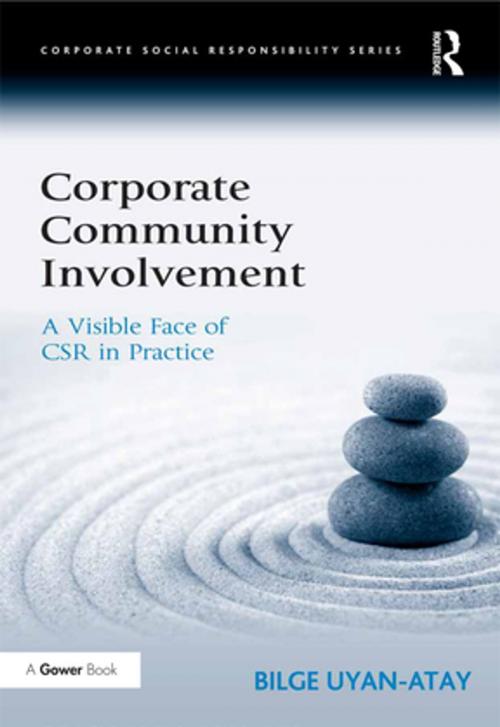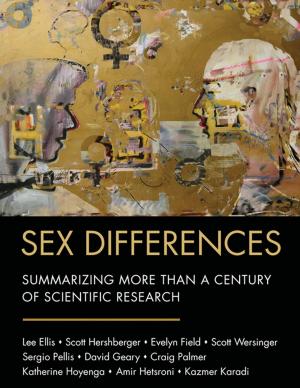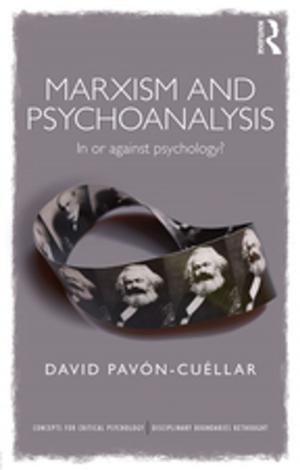Corporate Community Involvement
A Visible Face of CSR in Practice
Business & Finance, Business Reference, Business Ethics| Author: | Bilge Uyan-Atay | ISBN: | 9781317159513 |
| Publisher: | Taylor and Francis | Publication: | May 13, 2016 |
| Imprint: | Routledge | Language: | English |
| Author: | Bilge Uyan-Atay |
| ISBN: | 9781317159513 |
| Publisher: | Taylor and Francis |
| Publication: | May 13, 2016 |
| Imprint: | Routledge |
| Language: | English |
There has been tremendous growth in Corporate Community Involvement (CCI) projects of all sizes in recent years. This has been encouraged by organisations such as Business in the Community in the UK, which provides information designed to motivate businesses and government to engage in CCI. In fact, the projects incorporated into some companies’ strategy implementation are now so extensive that they are having a profound impact on community development. Corporate Community Involvement examines CCI as a distinct type of corporate social responsibility and the nature of the relationship between business and society. Bilge Uyan-Atay considers that CCI has been poorly described and researched, concentrating mainly on Western Europe and the USA, failing to consider different institutional contexts and to make the best use of available theory to uncover a more holistic perspective. The author’s native Turkey is a secular, developing country with a growing economy. This provides a distinctive environment in which to study CCI. The author explores and analyses economic, strategic, cultural and institutional influences on CCI and its relationships to and differences from corporate social responsibility.
There has been tremendous growth in Corporate Community Involvement (CCI) projects of all sizes in recent years. This has been encouraged by organisations such as Business in the Community in the UK, which provides information designed to motivate businesses and government to engage in CCI. In fact, the projects incorporated into some companies’ strategy implementation are now so extensive that they are having a profound impact on community development. Corporate Community Involvement examines CCI as a distinct type of corporate social responsibility and the nature of the relationship between business and society. Bilge Uyan-Atay considers that CCI has been poorly described and researched, concentrating mainly on Western Europe and the USA, failing to consider different institutional contexts and to make the best use of available theory to uncover a more holistic perspective. The author’s native Turkey is a secular, developing country with a growing economy. This provides a distinctive environment in which to study CCI. The author explores and analyses economic, strategic, cultural and institutional influences on CCI and its relationships to and differences from corporate social responsibility.















